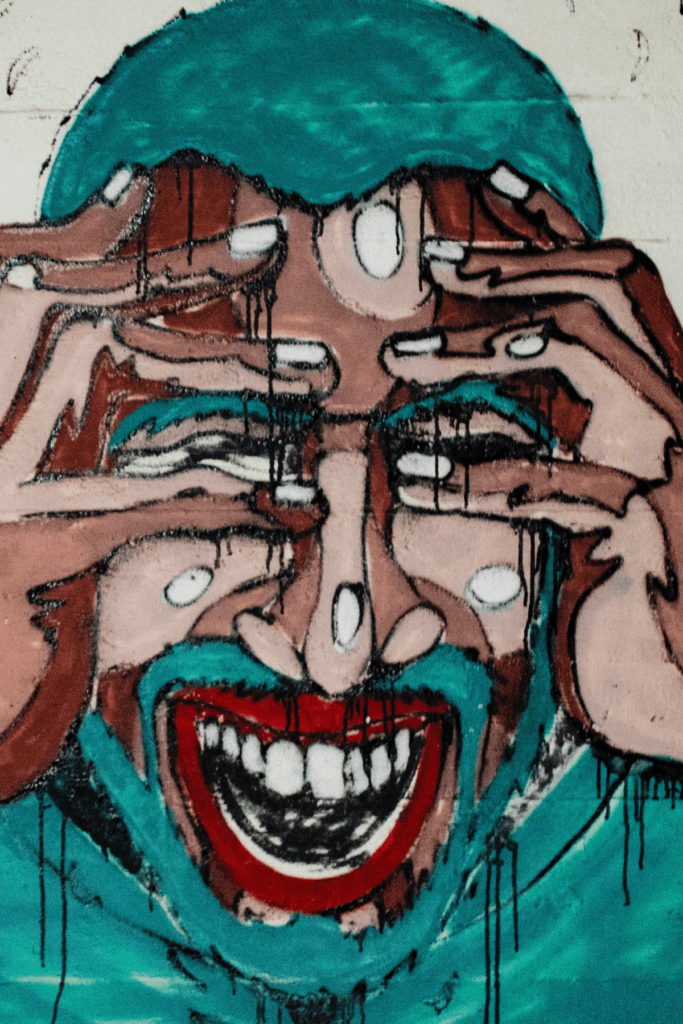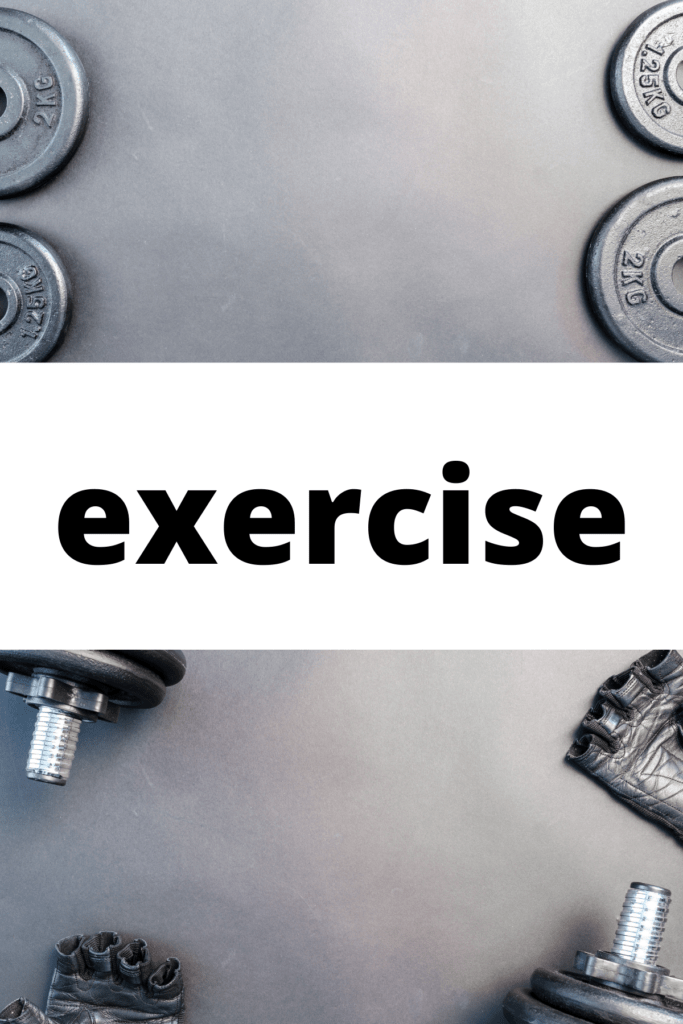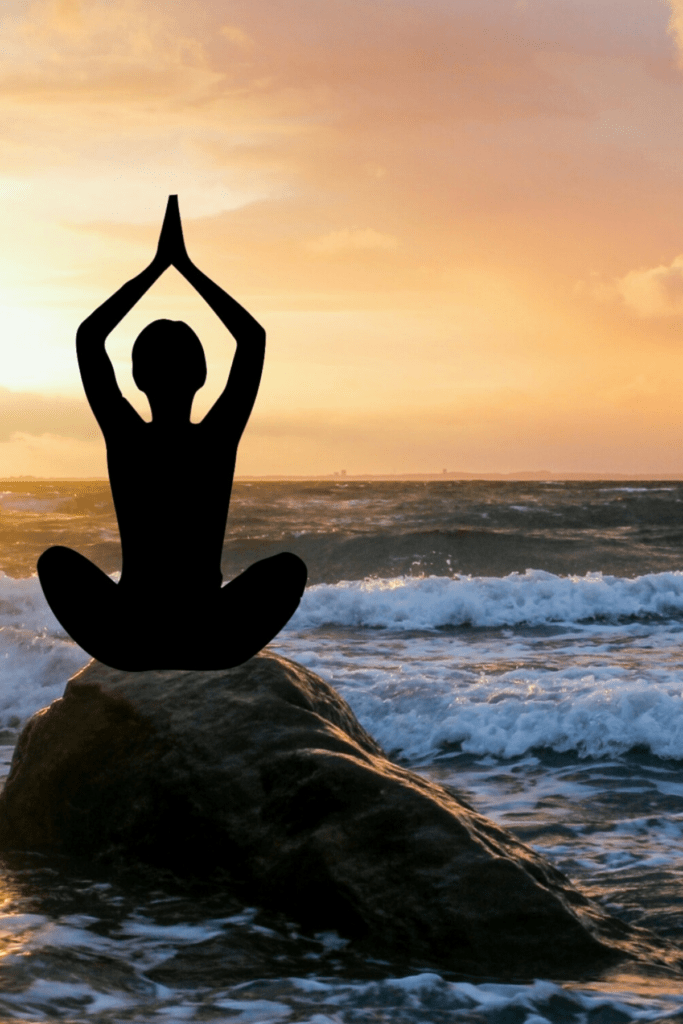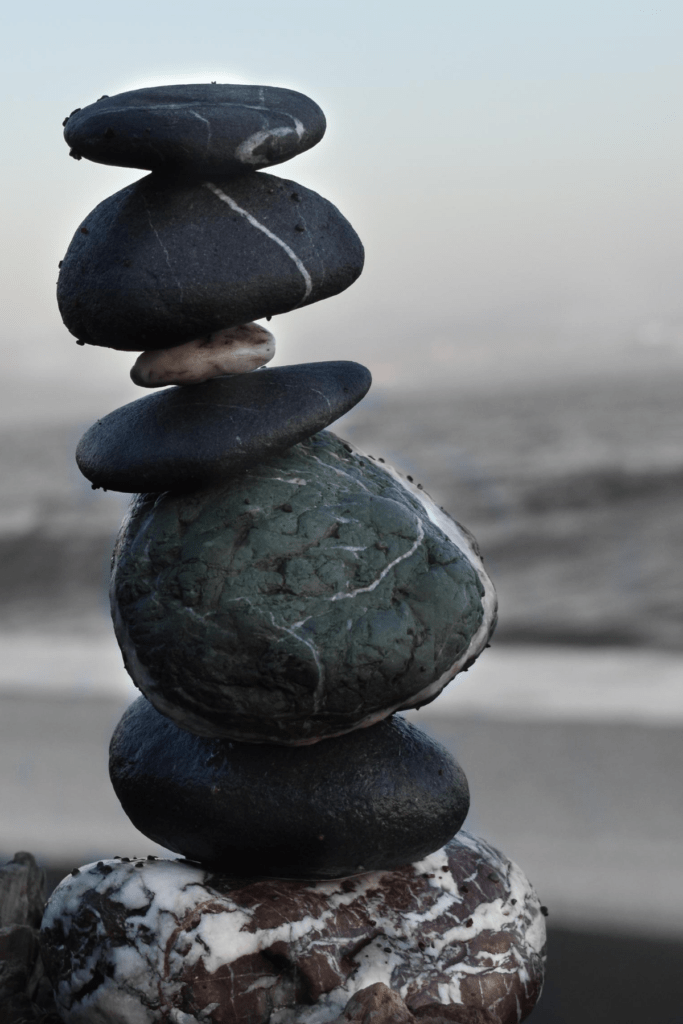What is anxiety, how to overcome it and how to feel calm again. Everyone has felt nervous, anxious, on edge, frightened, or worried at some point in time, and none of us enjoy feeling like this. As unpleasant as these feelings might be, most of us can cope effectively with the feelings and the situations that evoke them—at least most of the time. However, for some people these feelings can be so intense and intrusive that they interfere with their life and happiness.
An estimated 19.1% of U.S. adults had any anxiety disorder in the past year and an estimated 31.1% of U.S. adults experienced any anxiety disorder at some time in their lives.
What is anxiety? How to overcome it and how to feel calm again.

Anxiety is a mental health disorder characterized by feelings of worry, or fear that is strong enough to interfere with one’s daily activities. It becomes an issue when it starts to interfere with our day-to-day lives and manifests itself in an intense form.
It is your body’s internal reaction to stress. Often, it’s related to the worries and fears of future events that have not yet occurred.
This can manifest itself in uncontrollable fears, worries, apprehension, or panic of something we perceive to cause us harm (even if it doesn’t actually cause us physical harm).
Anxiety is not limited to but can range from feelings of embarrassment and inadequacy to social fears about how others perceive us.
Symptoms of Anxiety- What is anxiety, how to overcome it and how to feel calm again.

Symptoms include stress that’s out of proportion to the impact of the event, inability to set aside a worry, and restlessness.
Other symptoms of anxiety include irritability, intense fear, worry, difficulty concentrating, and a general “keyed up” feeling. Physical symptoms of anxiety often include sweating, dry mouth, hot flashes or chills, dizziness, heart palpitations, muscle tension, trembling, nausea, and restlessness. When anxiety is very severe, it lasts for a long time or frequently recurs, it is disruptive to a person’s life.
Examples of anxiety disorders include panic attacks, obsessive-compulsive disorder, and post-traumatic stress disorder.
Treatment for anxiety can include counseling or medications and or including antidepressants.
How to feel calm with an anxiety disorder

Identifying your triggers can take some time and self-reflection. In the meantime, there are things you can do to try to help calm or quiet your anxiety from taking over.
Although most people have felt anxious from time to time that does not mean that everyone suffers from an anxiety disorder.
There are, however, some things that all of us can do to help more effectively manage stress and anxiety, and these are good health habits for anyone. these are strategies that will help one deal more effectively with the obstacles of life that we all confront:
Exercise

Exercise regularly at least three times per week
Vary the exercise activities; do things that you enjoy but aerobic exercise is best. Examples of this would be walking, jogging or running, swimming, biking and hiking.
Relaxation
Learn techniques for deep muscle relaxation, meditation, or yoga at least 3 times per week
Learn regulated breathing techniques
Time management

Use a formal or informal organizing strategy such as a calendar, journal, lists, a cell phone, a personal digital assistant, and a computer or tablet that you can carry with you
Prioritize your activities
Do not over book yourself, schedule time for rest
Avoid time wasters like TV and video game and don’t overdue it
Schedule short break periods throughout the day
Organize chores by the time you will spend rather than the tasks you will do.
Recreation

Hobbies enjoyed alone, hobbies, reading and listening to or playing music
Interests enjoyed with a significant other, take a walk, go on a date, take a day or weekend trip, go on vacation
Pastime enjoyed with family or friends
Stay socially involved and active and keep in touch with the people who are import to you
Minimize or eliminate caffeine and other stimulants
Minimize or eliminate depressant drugs like alcohol, they may initially have a calming effect but when they wear off, intensified anxiety or panic attacks will most like return
Regular sleep patterns
Get up at about the same time each day
Do not extend sleep on weekends by more than an hour
Get enough sleep
Develop good nutrition
Talk to your physician or a nutritionist
Do not overeat carbohydrates; white pasta and bread, potatoes, other starches
Eat lots of vegetables, fruits, and proteins
How To Overcome Anxiety-What is anxiety, how to overcome it and how to feel calm again.
Yoga

Yoga is not only an exercise that increases strength and flexibility, it is also an amazing practice that nurtures your mind and soul. It really aligns the mind, body, and soul, and even helps with anxiety. Research shows that yoga reduces the stress responses of the body, which can help alleviate anxiety and depression.
Increase Your Magnesium Intake
Research shows that magnesium deficiencies may induce anxiety. Research shows that magnesium supplements may reduce anxiety symptoms.
Mindfulness
Be mindful of your thoughts and bring awareness to your thoughts.
Mindfulness requires you to be present in the moment and allows you to process how you are feeling and thinking in an objective manner. It is all about being one with your body, environment, and yourself.
Mindfulness also becomes useful in practicing meditation to reduce anxiety by allowing you to quiet your mind. If you can bring yourself to a state of awareness in a moment that you’re experiencing anxiety, you will be able to process your thoughts in a more healthier way.
Use Positive Imagery-What is anxiety, how to overcome it and how to feel calm again.
You can also ease anxiety, by focusing on an image and that brings you peace.
Coping with anxiety-What is anxiety, how to overcome it and how to feel calm again.
Question your thought pattern
Negative thoughts can take root in your mind and distort the severity of the situation. One way is to challenge your fears, ask if they’re true, and see where you can take back control.
Breathing Techniques

The 4-7-8 breathing technique is also known to help anxiety, it is a very simple and useful tool to achieve general relaxation and to manage stress.
Breathing techniques are designed to bring the body into a state of deep relaxation. Specific patterns that involve holding the breath for a period of time allow your body to replenish its oxygen. Relaxation practices also help bring the body back into balance and regulate the fight-or-flight response we feel when we’re stressed, this is particularly helpful if you’re experiencing sleeplessness, due to anxiety or worries about what happened today, or what might happen tomorrow. Swirling thoughts and concerns can keep us from being able to rest well, from the lungs outward, techniques like 4-7-8 can give your organs and tissues a much-needed oxygen boost.
The 4-7-8 technique forces the mind and body to focus on regulating the breath, rather than replaying your worries when you lie down at night. Proponents claim it can soothe a racing heart or calm frazzled nerves.
Preparing for the 4-7-8 technique; ideally, sit with your back straight, place the tip of your tongue against the ridge of tissue just behind your upper front teeth, and keep it there through the entire exercise. Exhale through your mouth around your tongue; try pursing your lips slightly if this seems awkward.
* Blow out completely through your mouth and make a whooshing sound.
* Close your mouth and gasp quietly through your nostril to a mental count of 4
* Hold your breath and count to 7
* Expire completely through your lips and make a whoosh sound to a count of 8
* One puff. Now inhale again and repeat the cycle three more times for a total of four breaths
Use Aromatherapy

Likewise, whether they’re in oil form, incense, or a candle scent like lavender, chamomile, and sandalwood, aromatherapy can be very soothing.
Aromatherapy is thought to help activate certain receptors in your brain, potentially easing anxiety. Give it a try, there are numerous diffusers on the market. Try some of the oils and see begin to see the benefit aromatherapy can bring into your life.
What is anxiety, how to overcome it and how to feel calm again. That’s anxiety, our body’s natural response to stress. Everyone has different triggers, therefore, identifying them is one of the most important steps to coping and managing anxiety attacks.
Be Blessed…Stay Safe


